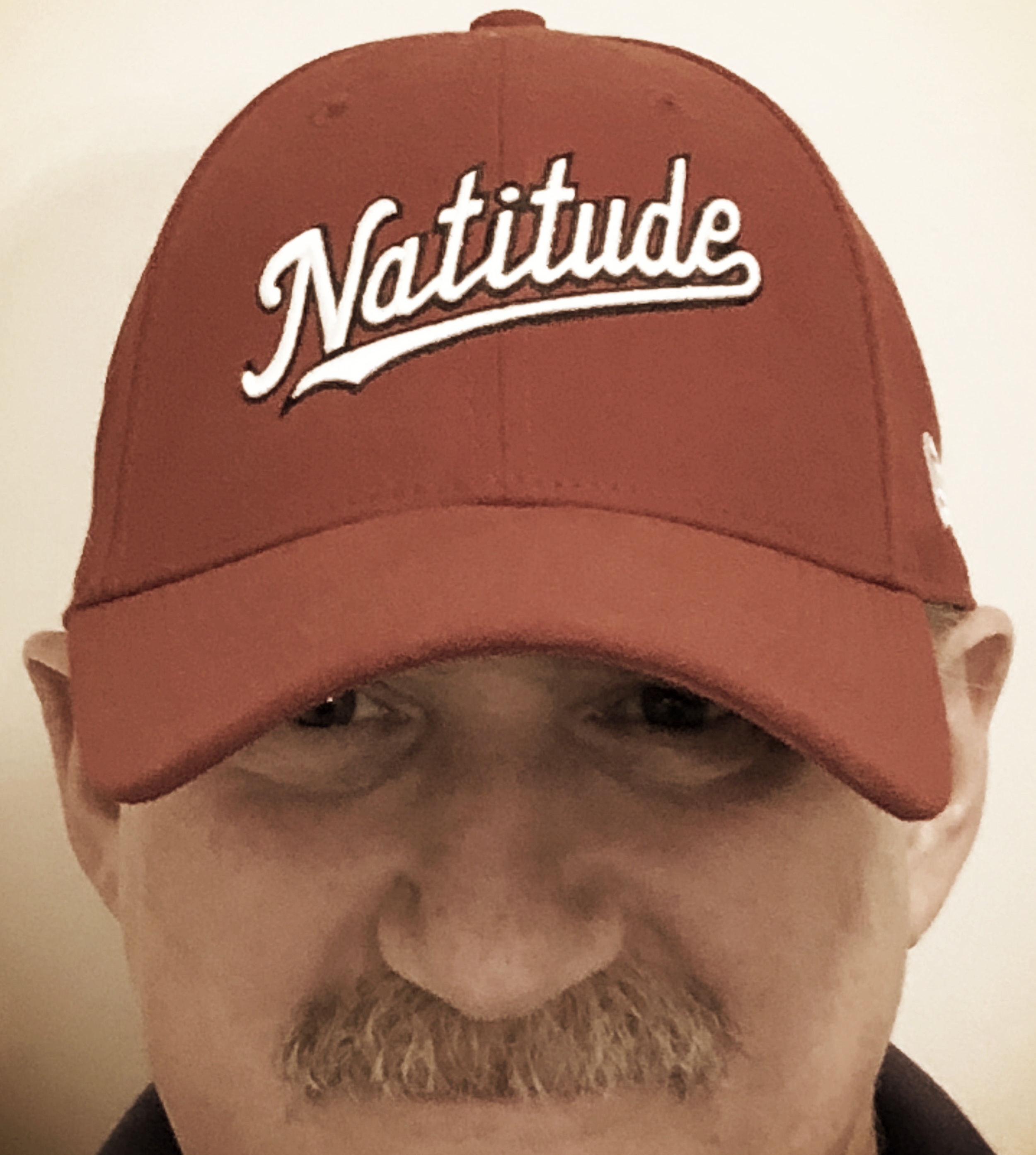I had this great idea for a blog post the other day, but since then I've forgotten it. That's not exactly true - I write down or type out even the thinnest of outlines for blog post ideas, purposely so as not to forget them. But taking the liberty of creative license, let's just say that's what happened; in actuality I do forget lots of things as it is.
What sounds like a funny circumstance or just an excuse for forgetting my cell phone, "chemo brain" is a real thing. The American Cancer Society defines it as a decrease in mental “sharpness” and describes it as being unable to remember certain things or having trouble finishing tasks, concentrating on something, or learning new skills. For the majority of patients, chemo brain improves within 9-12 months after completing chemotherapy. Most folks have a course of treatment with chemo over a period of time, hopefully reach remission, and then end their infusions (ergo - begin the slow reclamation of their lost acuity/memory). For me however, the potential for life-long chemo brain is very real seeing as how it is tied to chemotherapy sessions, among other things such as: the cancer itself, the other non-chemo drugs associated with one's regimen, or the emotional distress/distraction of a life-threatening disease. Seeing as how I am on a "permanent" regimen of low-level chemo (Pomalyst 3mg daily) and a monthly dose of monoclonal antibody (Darzalex) - I'm screwed!
Regardless, even before chemo brain, my perspective on memory loss (often erroneously tied to aging), was not that as we age we forget more things, but that as we age we have MORE things to remember. In either case (chemo brain or aging; and I'm not really old enough to claim age-related forgetfulness), to combat the situation I will: leave myself notes, create a mnemonic to remember a few things before I can write them down, or physically go back to the last place where I had the thought originally - which successfully helps respark the idea more times than you would imagine.
For me at least (in this cancer life, and life in general), I see changes like these as challenges that we need to identify and conquer (or at least manage), and carry on under the modified mindset. When life hands you lemons, you make lemonade. When your right arm gets tired, use your left. It's not some deep philosophical revelation, it's just a coping mechanism to keep on keeping on - until you can finally remember exactly where it was you were going to in the first place.




